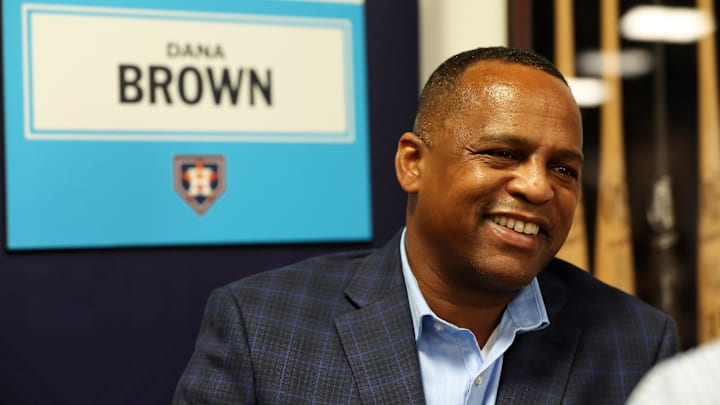The Houston Astros came into the 2024 MLB Draft as the team with the least amount of picks and draft bonus pool available to them while also picking near the bottom of each round. When you are an organization that REALLY needs an infusion of young talent, but those constraints have been placed upon you, that is not ideal.
The Astros being right in the middle of their competitive window right now only complicates matters further. Now only does Houston need more young talent in their farm system pipeline, but they also ideally want that talent to be able to move quickly through the minor leagues.
Normally, this means prioritizing picking college players from top conferences, but the Astros took a different approach in this year's draft -- to an historic degree.
First time since 2006 that the Astros did not draft a player from a P5 conference in the first 10 rounds... pic.twitter.com/F46M5fZTZf
— Future Stros (@DellaTora) July 16, 2024
The Astros correctly prioritized pitching in the 2024 MLB Draft, but there are questions about their quality of competition.
There is nothing objectively wrong with selecting Walker Janek in the first round of the draft. Janek was widely considered to be among the best catchers in this draft class, and he more than has the talent to justify his slot.
However, when looking at the totality of the Astros' draft class from the first two days of the draft, it is fair to wonder how much their limited bonus pool flexibility played a role in them not picking a single college player from a power five conference. Instead of dipping into that well of talent that would probably have come with a cost premium, Dana Brown and the Astros seem to be betting that their scouts and analytics squads correctly identified college performers who played in lesser conferences that can become useful prospects.
This is a quite the gambit to be sure, especially when it's all you do in the first 10 rounds.
There is a long and storied history of players from small schools turning into great players in MLB, but the level of competition your picks played against does matter. These college arms the Astros drafted have seen few (if any) hitters with elite bat speed or strike zone awareness, and their college bat picks probably haven't seen many truly plus breaking balls or elite fastballs. How they will react once they see professionals in the other dugout remains to be seen.
All of that said, Dana Brown does deserve the benefit of the doubt for now. One, he was basically forced to draft with one arm tied behind his back due to a lack of picks and bonus pools. Two, Brown got the Astros GM job primarily due to his long track record of identifying talent that can contribute in the big leagues. We'll see if his strategy in 2024 will pan out soon enough.
